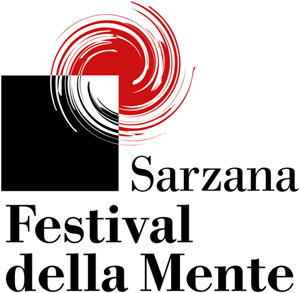2013 Programme
EVENT #29
Tim Parks
In conversation with literary creativity
“I loved the new Franzen book, it’s great!” “I was so unimpressed I could not finish it”. Why do people, even the most knowledgeable, disagree about literary works? Why can we be fascinated by a poorly written novel and remain indifferent to great fiction? Can we really say it is all a matter of taste? Tim Parks tries to answer these and other questions considering the role of creativity in a writer’s life. For the novel is not an aesthetical object disconnected from its maker. Rather, it is part of a life strategy, it conceals a dilemma, a controversy, and as such intertwines with its readers’ lives in ways and with effects that vary according to personal circumstances. Quoting some great authors of European fiction, Parks proposes a new, intriguing way of thinking about the relation between works of literature, our lives and those of their authors (duration: approx. 120’).
was born in Manchester in 1954 but has been living in Italy for over thirty years. A novelist and a professor of Literary Translation at IULM University in Milan, Parks is a regular contributor to The New York Review of Books and Il Sole-24 ore. He translated into English the works of Moravia, Tabucchi, Calvino, Calasso, Machiavelli and Leopardi. He has written a number of essays on aspects of Italian life: Italiani (1995), Un’educazione italiana (2003), both published by Bompiani; Questa pazza fede. L’Italia raccontata attraverso il calcio (Einaudi, 2002). His literary works include: Lingue di fuoco 1995), Fuga nella luce (1998), Adulterio e altri diversivi (2000), Destino (2001), La doppia vita del giudice Savage (2005), all published by Adelphi; Insegnaci la quiete (2010) is an essay on the mind-body relation; also, Sogni di fiumi e di mari (2011) published by Mondadori. His latest book translated into Italian is the novel Il sesso è vietato (Bompiani, 2013).
EVENT #18
Stefano Bartezzaghi, Massimo Recalcati
To inherit or to be creative? Art in the time of disoriented generations






















